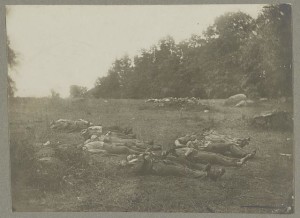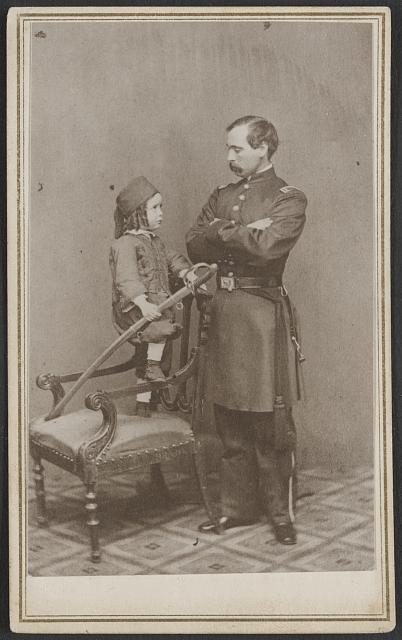America in 1863.
Democrat newspapers in central New York state thought that General-in-Chief Halleck underestimated the Union loss during 1863 in his year-end report. A couple articles from Seneca County, New York newspapers in December 1863:
Our Losses for the Year.
According to the figures of Gen. Halleck’s report, our losses during the year were:
Killed ……10,079
Missing …..20,677
Wounded …..51,718
Guns …………42
Small arms …8,840
To which add 10,296 men reported under the head of “our losses,” “killed and wounded,” or “killed, wounded and missing.” Our captures were:
Colors ………..52
Prisoners … 86,786
Guns …………266
Small arms …44,829
Boats ………..158
Cattle ……..5,643
Horses ……..1,175
From this it appears that our losses during the year in killed, wounded, and missing, was ninety-two thousand, seven hundred and seventy men. But this estimate is far below the true figures. To say nothing of the rebel loss, we firmly believe that more than two hundred thousand men have been sacrificed during the past twelve months. Had this terrible sacrifice of human life been made with a view of preserving the Constitution and restoring the Union, the people might not complain. But, alas, it has not.
Losses in 1863.
In the campaigns of 1863, which are now apparently brought to a close, all our battles have been desperately contested, and bloody beyond comparison with those of other years, and the losses in officers and men have been very great. The Detroit Free Press estimates that no less than a hundred and fifty thousand men have been slain, or died from wounds and disease. This an awful aggregate of human life to be sacrificed within the space of twelve months. History does not furnish us, in modern times, records of war in which men have been used up so rapidly as this. Between two and three years have passed since this war began, the North has sent nearly a million and a half of men into the field, and of those, probably not more than two-thirds remain alive. Battle fields from the Atlantic to the Mississippi are billowed witn [sic] their graves. When to our own losses are added those of the South it makes us recoil with a sickening shudder, to contemplate through what we have all passed, and to hope that near at hand some end may be brought to horrors, and devastation so vast.”
_______________________________________________


